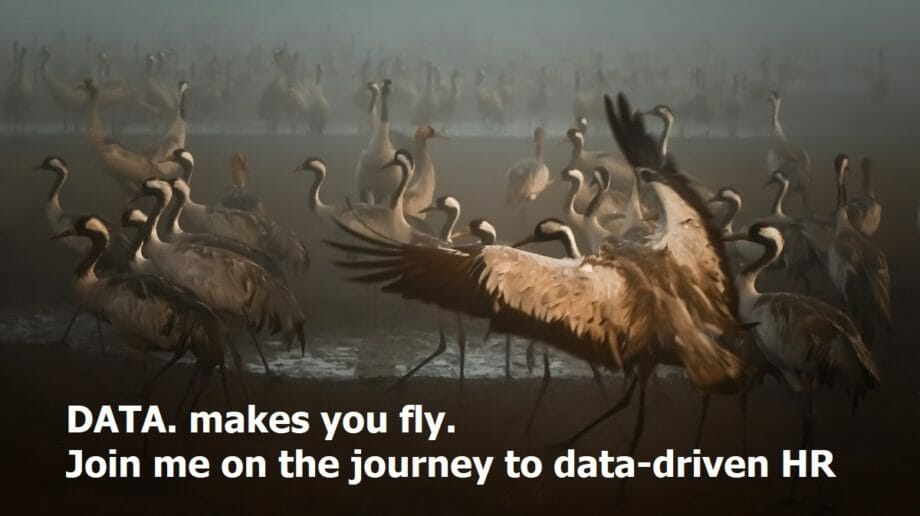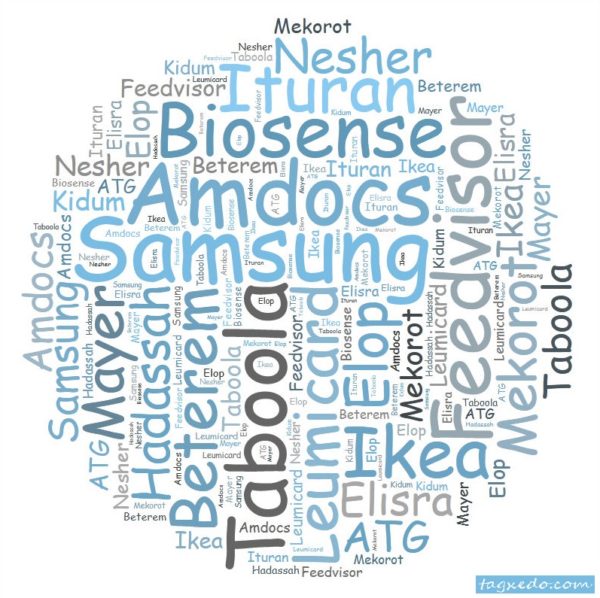People Analytics – Build the Value Chain
Photo: Littal Shemer Haim ©
This article was migrated to Littalics.com
People Analytics – Build the Value Chain
HR people must acquire better analytics skills. There is no question about that. When HR role vacancies are analyzed, this orientation is listed among the most important competencies. The data-driven part of HR practitioners’ work has emerged rapidly in the last years. All HR sectors must now leverage their data assets to make better decisions, and support all kinds of stakeholders, from employees to executives. They must also understand ML (machine learning) and AI (artificial intelligence) to have ownership of procurement and ethics in the implementation of HR-Tech. But how can HR practitioners close the gap? How can they up-skill and become more analytical?
A secret factor in learning programs
While most academic programs in the HR field still lag, and only a few exceptional programs focus on People Analytics, many other learning solutions can be found online. Wise and agile entrepreneurs, with a strong background in HR, analytics, and tech, already offer learning platforms and an excessive amount of contents. But I believe that all of them still lack the secret factor that guarantees up-skilling HR.
Yes, a secret factor. But I’m going to tell. After few years of training and mentoring HR people in the domain of People Analytics – with different level of success, I must admit – I think I understand now how to prepare the HR team to embrace a data-driven mindset and People Analytics practices. By tracing the way HR groups in a variety of organizations have built their value chain in People Analytics, I discovered a new ingredient of success.
If you follow my work for quite some time now, you already know that I promote psychological safety in a learning environment to bypass the resistance for change. Or, in the word of a mentee testimonial, in a case study of people Analytics is SMBs – “We could afford to experiment with data, and making mistakes, knowing that we had the support of a professional framework”. However, crucial as it is, that psychological safety is not enough. The key words here are “experiment with data”, our own data.
Experiment with data – our own data
I truly believe that HR people can overcome their analytics barriers when they exercise. Online courses do offer a lot of exercises. However, only when HR people practice with real data, their own organizational data, they can bypass the obstacles. Only when they define business questions that are related to people in their organization and practically use methodologies that help them to make key employee decisions, they can succeed in developing the desired skills, and start interpreting and present analytics for people-related decisions.
Practice your own data. As simple as that. It doesn’t mean that HR people should become data scientists. In their training programs, they only need to follow the value chain of People Analytics, i.e., make first steps toward a quick win, with respect to business questions, acquire in-house resources and abilities to executing the first analytic project within the organization, and use the first analytic project to impact the organization.
From my experience, exercising based on real questions, challenges, and data is an important motive. Moreover, such training does not only enable up-skilling but may also be the actual foundation of a data-driven HR.
When done in groups, in which each member contributes according to actual role or aspirations, and when collaboration is established with People Analysts or other relevant roles within the organization, HR up-skilling in the analytics domain is guaranteed.
About the author:
 Littal Shemer Haim brings Data Science into HR activities, to guide organizations to base decision-making about people on data. Her vast experience in applied research, keen usage of statistical modeling, constant exposure to new technologies, and genuine interest in people’s lives, all led her to focus nowadays on HR Data Strategy, People Analytics, and Organizational Research.
Littal Shemer Haim brings Data Science into HR activities, to guide organizations to base decision-making about people on data. Her vast experience in applied research, keen usage of statistical modeling, constant exposure to new technologies, and genuine interest in people’s lives, all led her to focus nowadays on HR Data Strategy, People Analytics, and Organizational Research.



Littal Shemer Haim
June 16, 2019 (6:53 am)
“Adding data analytics competency in HR staff is a challenge… applicants with these skills are scarce and expensive. Many HR leaders in smaller companies are forced to build those capabilities by training existing staff…” https://www.shrm.org/resourcesandtools/hr-topics/technology/pages/how-to-develop-data-analytics-skills-in-hr.aspx